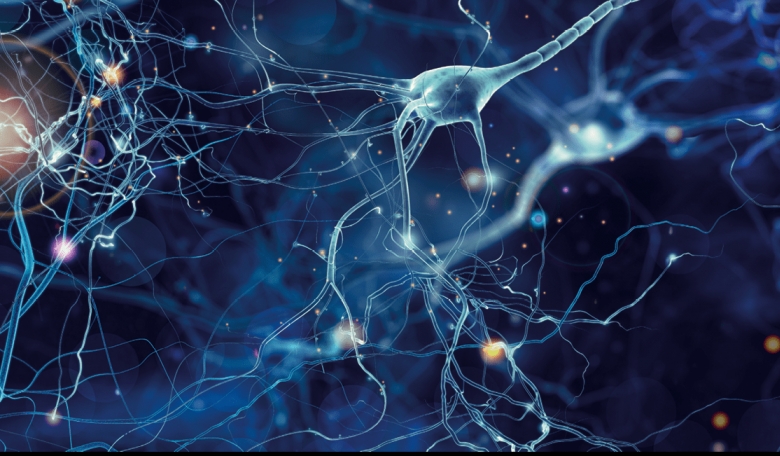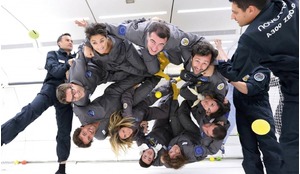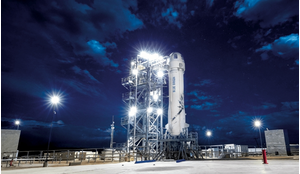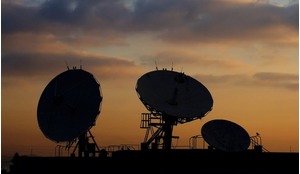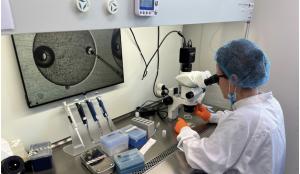Life on Earth has evolved under many varying physical conditions but one constant factor which has remained largely unchanged throughout time is Earth’s 1G gravity force. After millennia of evolution human organs and physiological systems all function according to the parameters imposed by a 1G environment. But when exposed to microgravity - as in spaceflight - the human body is unconditioned to this new situation, leading to improper physiological functioning and it needs to adapt. Studying this is vital for the safety of future long-term human spaceflight and may also deliver benefits to people on Earth with specific injuries or illness.
Since the first 90-minute flight by Yuri Gagarin almost 60 years ago routine space missions are getting longer in duration, with flights of up to six months or more on the International Space Station (ISS) now typical. Future missions will undoubtedly last even longer - up to several years in the case of a flight to Mars - so understanding the full effects of spaceflight on the human body is essential to ensure successful and healthy outcomes for space travellers.
Outer space will always be a hostile environment for humans where hazards include space radiation, social isolation and spatial confinement, altered circadian rhythms and microgravity.
Space radiation in particular carries a potentially high risk potential because it may cause DNA damage, leading to increased risk of cancer development, cataracts, acute radiation sickness and hereditary effects. Social isolation and spatial confinement can both contribute to psychological distress, potentially affecting operational performance and efficiency. Microgravity is a hazardous factor due to the malfunctioning of the body’s physiological systems, which are accustomed to the constant presence of gravity on Earth.





